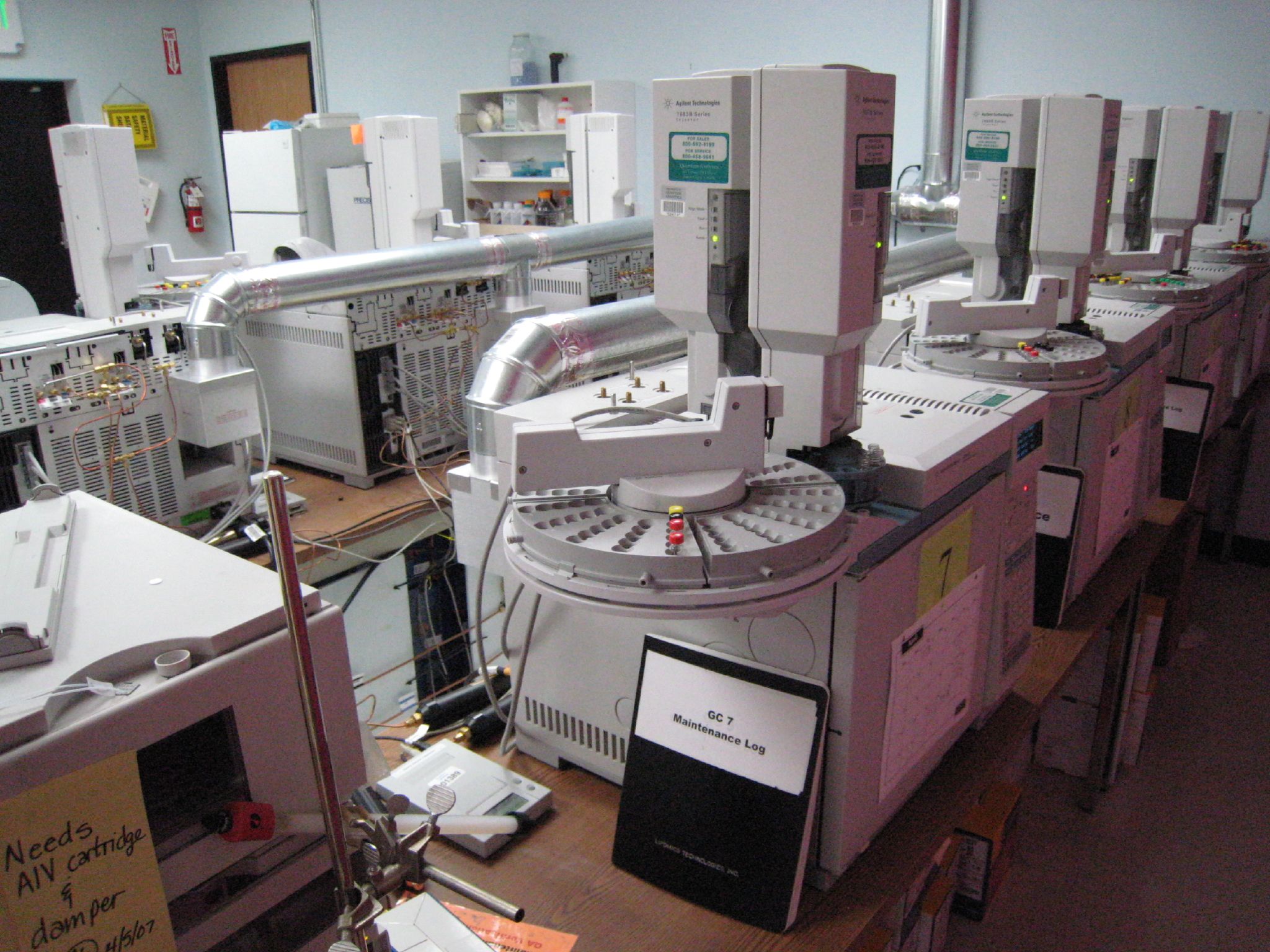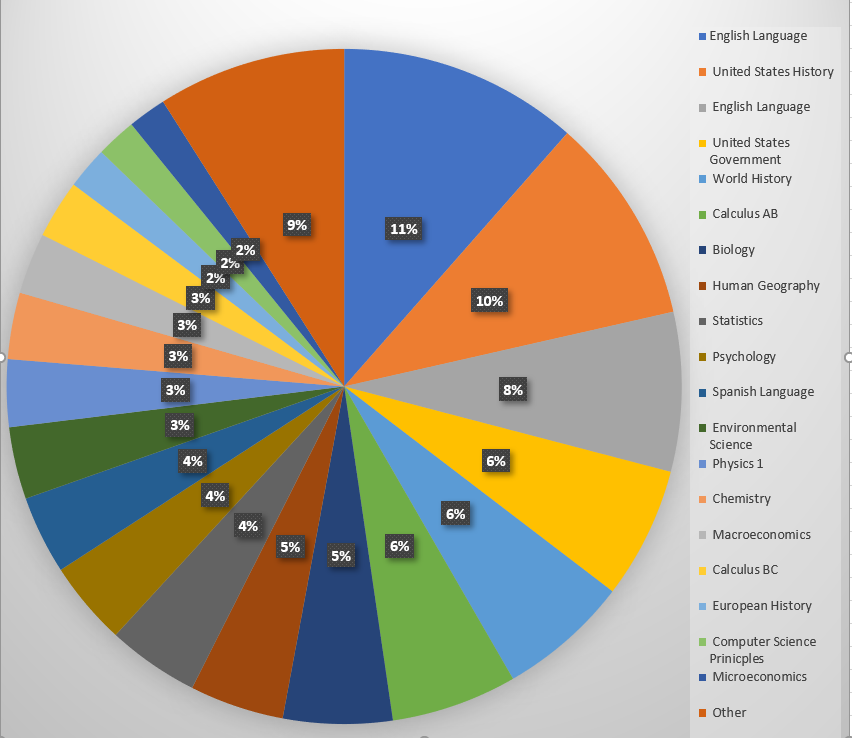|
Shanghai High School International Division
Shanghai High School International Division (SHSID; Chinese: 上海中学国际部) is an international school in Shanghai, China, that was founded in 1993 as the international division of Shanghai High School. SHSID offers grades 1 through 12. Its sole language of instruction is English, though all students are required to take Chinese classes. History In 1865, Qing dynasty official Ding Richang established the Longmen Academy. The school changed names and moved campus several times, but its current site was converted by the Empire of Japan during the Second World War into the Lunghua Civilian Assembly Center, an internment camp for American and European citizens. James Graham Ballard was interned in the camp as an adolescent. His experiences there inspired the book (and subsequent film) ''Empire of the Sun''. The school was restored after the war, and it was renamed to Shanghai High School in 1950. On June 1, 1993, Shanghai High School approved the establishment of an Intern ... [...More Info...] [...Related Items...] OR: [Wikipedia] [Google] [Baidu] |
International School
An international school is an institution that promotes education in an international environment or framework. Although there is no uniform definition or criteria, international schools are usually characterized by a multinational student body and staff, multilingual instruction, curricula oriented towards global perspectives and subjects, and the promotion of concepts such as world citizenship, pluralism, and intercultural understanding. Many international schools adopt a curriculum from programs and organizations such as International Baccalaureate, Edexcel, Cambridge Assessment International Education, International Primary Curriculum, or Advanced Placement. International schools often follow a curriculum different from the host country, catering mainly to foreign students, such as members of expatriate communities, international businesses or organizations, diplomatic missions, or missionary programs. Admission is sometimes open to local students to provide qualifications ... [...More Info...] [...Related Items...] OR: [Wikipedia] [Google] [Baidu] |
James Graham Ballard
James Graham Ballard (15 November 193019 April 2009) was an English novelist, short story writer, satirist, and essayist known for provocative works of fiction which explored the relations between human psychology, technology, sex, and mass media. He first became associated with the New Wave of science fiction for post-apocalyptic novels such as '' The Drowned World'' (1962), but later courted controversy for works such as the experimental short story collection '' The Atrocity Exhibition'' (1970), which included the 1968 story " Why I Want to Fuck Ronald Reagan", and the novel '' Crash'' (1973), a story about a renegade group of car crash fetishists. In 1984, Ballard won broader recognition for his war novel '' Empire of the Sun'', a semi-autobiographical account of a young British boy's experiences in Shanghai during Japanese occupation; the story was adapted into a 1987 film directed by Steven Spielberg. The author's journey from youth to mid-age would be chronicled, ... [...More Info...] [...Related Items...] OR: [Wikipedia] [Google] [Baidu] |
Mass Spectrometry
Mass spectrometry (MS) is an analytical technique that is used to measure the mass-to-charge ratio of ions. The results are presented as a ''mass spectrum'', a plot of intensity as a function of the mass-to-charge ratio. Mass spectrometry is used in many different fields and is applied to pure samples as well as complex mixtures. A mass spectrum is a type of plot of the ion signal as a function of the mass-to-charge ratio. These spectra are used to determine the elemental or isotopic signature of a sample, the masses of particles and of molecules, and to elucidate the chemical identity or structure of molecules and other chemical compounds. In a typical MS procedure, a sample, which may be solid, liquid, or gaseous, is ionized, for example by bombarding it with a beam of electrons. This may cause some of the sample's molecules to break up into positively charged fragments or simply become positively charged without fragmenting. These ions (fragments) are then separated accordin ... [...More Info...] [...Related Items...] OR: [Wikipedia] [Google] [Baidu] |
Analytical Chemistry
Analytical chemistry studies and uses instruments and methods to separate, identify, and quantify matter. In practice, separation, identification or quantification may constitute the entire analysis or be combined with another method. Separation isolates analytes. Qualitative analysis identifies analytes, while quantitative analysis determines the numerical amount or concentration. Analytical chemistry consists of classical, wet chemical methods and modern, instrumental methods. Classical qualitative methods use separations such as precipitation, extraction, and distillation. Identification may be based on differences in color, odor, melting point, boiling point, solubility, radioactivity or reactivity. Classical quantitative analysis uses mass or volume changes to quantify amount. Instrumental methods may be used to separate samples using chromatography, electrophoresis or field flow fractionation. Then qualitative and quantitative analysis can be performed, often with t ... [...More Info...] [...Related Items...] OR: [Wikipedia] [Google] [Baidu] |
Biology
Biology is the scientific study of life. It is a natural science with a broad scope but has several unifying themes that tie it together as a single, coherent field. For instance, all organisms are made up of cells that process hereditary information encoded in genes, which can be transmitted to future generations. Another major theme is evolution, which explains the unity and diversity of life. Energy processing is also important to life as it allows organisms to move, grow, and reproduce. Finally, all organisms are able to regulate their own internal environments. Biologists are able to study life at multiple levels of organization, from the molecular biology of a cell to the anatomy and physiology of plants and animals, and evolution of populations.Based on definition from: Hence, there are multiple subdisciplines within biology, each defined by the nature of their research questions and the tools that they use. Like other scientists, biologists use the sc ... [...More Info...] [...Related Items...] OR: [Wikipedia] [Google] [Baidu] |
Physics
Physics is the natural science that studies matter, its fundamental constituents, its motion and behavior through space and time, and the related entities of energy and force. "Physical science is that department of knowledge which relates to the order of nature, or, in other words, to the regular succession of events." Physics is one of the most fundamental scientific disciplines, with its main goal being to understand how the universe behaves. "Physics is one of the most fundamental of the sciences. Scientists of all disciplines use the ideas of physics, including chemists who study the structure of molecules, paleontologists who try to reconstruct how dinosaurs walked, and climatologists who study how human activities affect the atmosphere and oceans. Physics is also the foundation of all engineering and technology. No engineer could design a flat-screen TV, an interplanetary spacecraft, or even a better mousetrap without first understanding the basic laws of physic ... [...More Info...] [...Related Items...] OR: [Wikipedia] [Google] [Baidu] |
Chemistry
Chemistry is the science, scientific study of the properties and behavior of matter. It is a natural science that covers the Chemical element, elements that make up matter to the chemical compound, compounds made of atoms, molecules and ions: their composition, structure, properties, behavior and the changes they undergo during a Chemical reaction, reaction with other Chemical substance, substances. Chemistry also addresses the nature of chemical bonds in chemical compounds. In the scope of its subject, chemistry occupies an intermediate position between physics and biology. It is sometimes called the central science because it provides a foundation for understanding both Basic research, basic and Applied science, applied scientific disciplines at a fundamental level. For example, chemistry explains aspects of plant growth (botany), the formation of igneous rocks (geology), how atmospheric ozone is formed and how environmental pollutants are degraded (ecology), the properties ... [...More Info...] [...Related Items...] OR: [Wikipedia] [Google] [Baidu] |
Longmen Building And Flag
Longmen () may refer to: * Longmen (mythology), The Dragon Gate in Chinese mythology, located at the top of a waterfall cascading from a legendary mountain * Longmen Grottoes, collection of Buddhist cave art in Luoyang * Longmen Mountains, mountain range in Sichuan * Dragon Gate Taoism, also known as the Longmen lineage * Longmen County, Guangdong Township-level administrative divisions in China Longmen Town (): * Longmen, Anxi County, Fujian * Longmen, Chongqing, in Liangping County * Longmen, Guangdong, in Leizhou * Longmen, Hainan, in Ding'an County * Longmen, Henan, in Luolong District, Luoyang * Longmen, Pingjiang (龙门镇), a town in Pingjiang County, Hunan province. * Longmen, Jiangxi, in Yongxin County * Longmen, Lintao County, Gansu * Longmen, Mianyang, in Fucheng District, Mianyang, Sichuan * Longmen, Nanchong, in Gaoping District, Nanchong, Sichuan * Longmen, Pubei County, in Pubei County, Guangxi * Longmen, Shaanxi, in Hancheng * Longmen, Zhejiang ... [...More Info...] [...Related Items...] OR: [Wikipedia] [Google] [Baidu] |
People's Republic Of China
China, officially the People's Republic of China (PRC), is a country in East Asia. It is the world's most populous country, with a population exceeding 1.4 billion, slightly ahead of India. China spans the equivalent of five time zones and borders fourteen countries by land, the most of any country in the world, tied with Russia. Covering an area of approximately , it is the world's third largest country by total land area. The country consists of 22 provinces, five autonomous regions, four municipalities, and two Special Administrative Regions (Hong Kong and Macau). The national capital is Beijing, and the most populous city and financial center is Shanghai. Modern Chinese trace their origins to a cradle of civilization in the fertile basin of the Yellow River in the North China Plain. The semi-legendary Xia dynasty in the 21st century BCE and the well-attested Shang and Zhou dynasties developed a bureaucratic political system to serve hereditary monarchies, or dyna ... [...More Info...] [...Related Items...] OR: [Wikipedia] [Google] [Baidu] |
Advanced Placement Program
Advanced Placement (AP) is a program in the United States and Canada created by the College Board which offers college-level curricula and examinations to high school students. American colleges and universities may grant placement and course credit to students who obtain high scores on the examinations. The AP curriculum for each of the various subjects is created for the College Board by a panel of experts and college-level educators in that field of study. For a high school course to have the designation, the course must be audited by the College Board to ascertain that it satisfies the AP curriculum as specified in the Board's Course and Examination Description (CED). If the course is approved, the school may use the AP designation and the course will be publicly listed on the AP Course Ledger. History After the end of World War II, the Ford Foundation created a fund that supported committees studying education. The program, which was then referred to as the "Kenyon Plan", ... [...More Info...] [...Related Items...] OR: [Wikipedia] [Google] [Baidu] |
IB Diploma Programme
The International Baccalaureate Diploma Programme (IBDP) is a two-year educational programme primarily aimed at 16-to-19-year-olds in 140 countries around the world. The programme provides an internationally accepted qualification for entry into higher education and is recognized by many universities worldwide. It was developed in the early-to-mid-1960s in Geneva, Switzerland, by a group of international educators. After a six-year pilot programme that ended in 1975, a bilingual diploma was established. Administered by the International Baccalaureate (IB), the IBDP is taught in schools in over 140 countries, in one of three languages: English, French, or Spanish. In order to offer the IB diploma, schools must be certified as an IB school. IBDP students complete assessments in six subjects, traditionally one from each of the 6 subject groups (although students may choose to forgo a group 6 subject such as Art or music, instead choosing an additional subject from one of the other ... [...More Info...] [...Related Items...] OR: [Wikipedia] [Google] [Baidu] |


.jpg)




